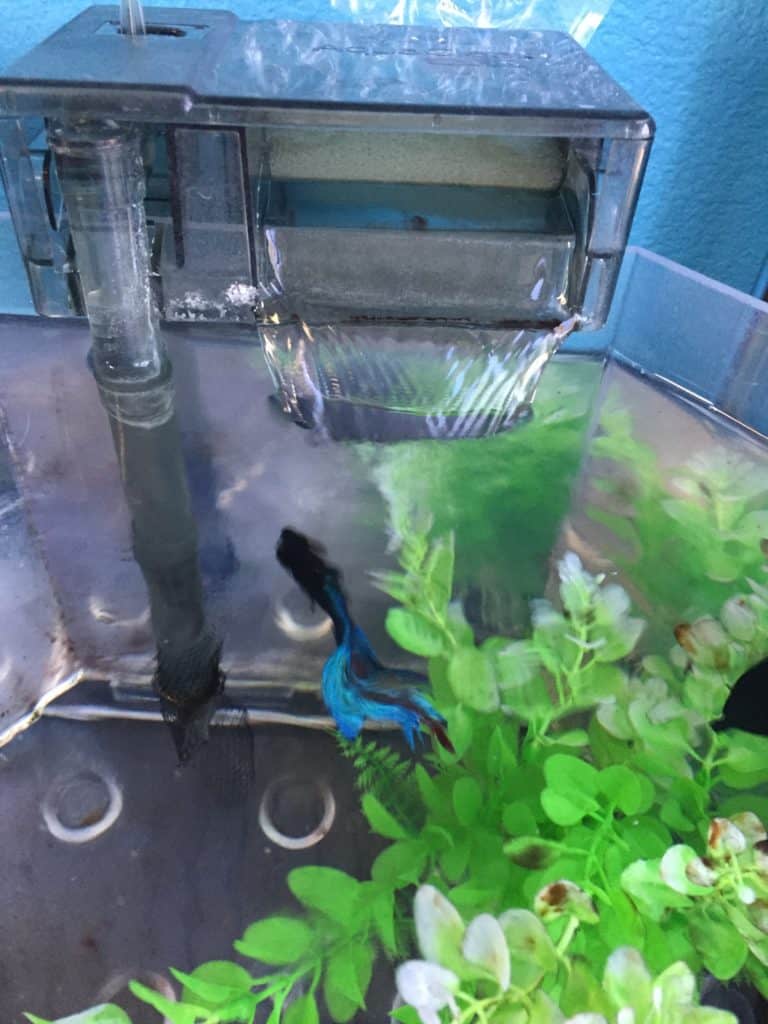Everyone always wants to know how to keep their fish system from becoming infested with some horrible disease that puts all their fish at risk. Well, it’s a lot simpler than you think!
Checklist to Prevent Disease in Pet Fish
- Quarantine. Quarantine. Quarantine. This includes plants and ALL NEW FISH. The stress of handling and transport is enough to make even the healthiest of fish turn on your tanks inhabitants. Fish cannot be sterilized and always have pathogens on them, including parasites, bacteria and fungi. Most problems occur when new fish, invertebrates or plants are added to an established system. Set up a separate hospital tank and have it at the ready whenever new fish are on their way in. 4-6 weeks is the MINIMUM requirement for all new additions. For more information, be sure to watch our Quarantine Practices webinar!
- Maintain your water quality through consistent maintenance, proper feeding and adequate filtration. Water quality is the #1 thing owners can do to keep their fish healthy. Get a test kit, know how to use it and what normal parameters look like. Not all fish systems will be identical! Keep up with your maintenance. If everything is a bit discombobulated, use these handy checklists for tanks and ponds.
- Feed your fish a good quality diet that is species appropriate. Look for a food with appropriate levels of protein, fat and carbohydrates. We are happy to give consults on diet for FREE. If you want to learn more about fish diets, watch our webinar.
- Note any signs of disease early and take precautionary measures. You set up that hospital tank, right? Learn the physical and behavioral signs of disease in fish through our free webinar.
- If you think something is wrong, ASK NOW! Don’t wait until a small problem becomes big and hard to manage. Our job is to help you take care of your fish, plain and simple. We can work within your budget to make sure your fish get the care they need. Call us at (831) 278-1081.
Follow those rules and your fish will thank you! Being healthy and disease free is the way to be, no matter what your species!


All good ideas, I would also suggest limiting the amount of food as most of us tend to overfeed our fish.
Pingback: Behavioral Signs of Disease in Fish – Aquatic Veterinary Services